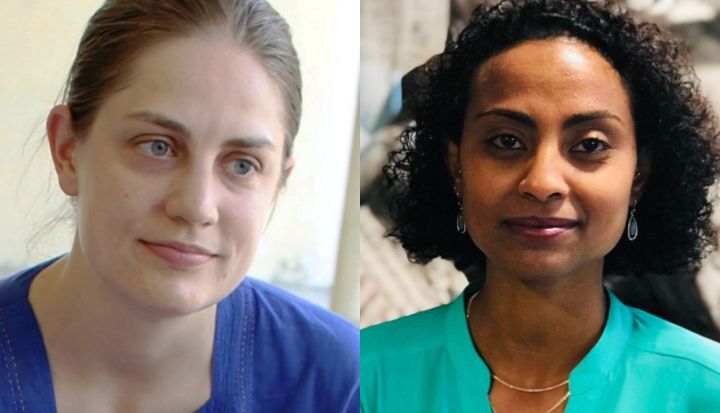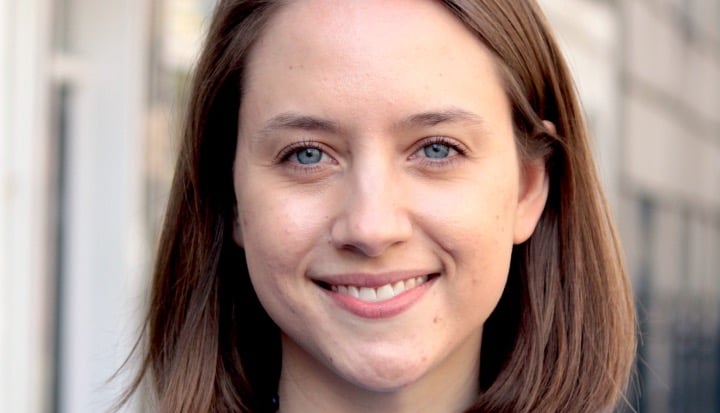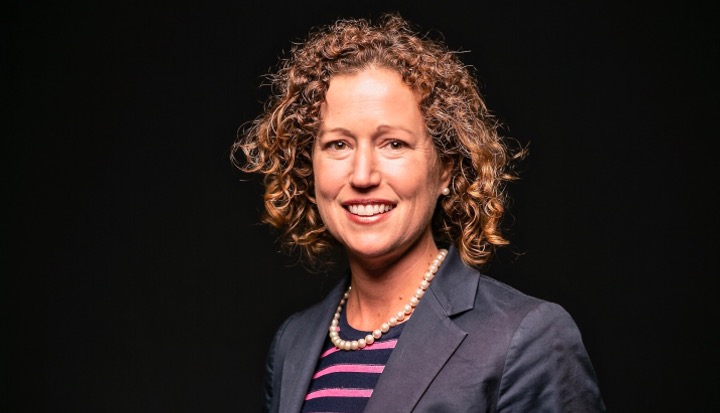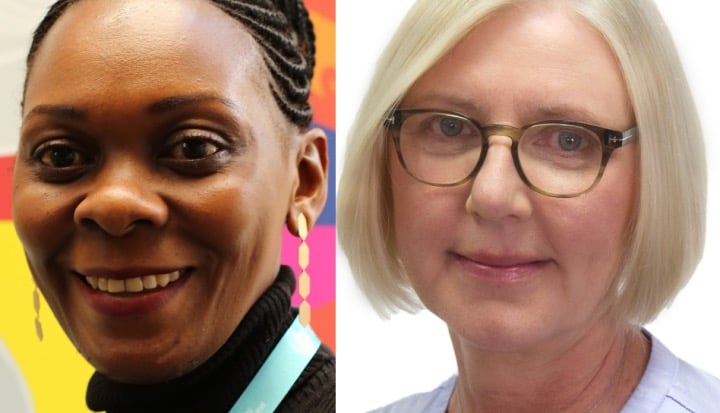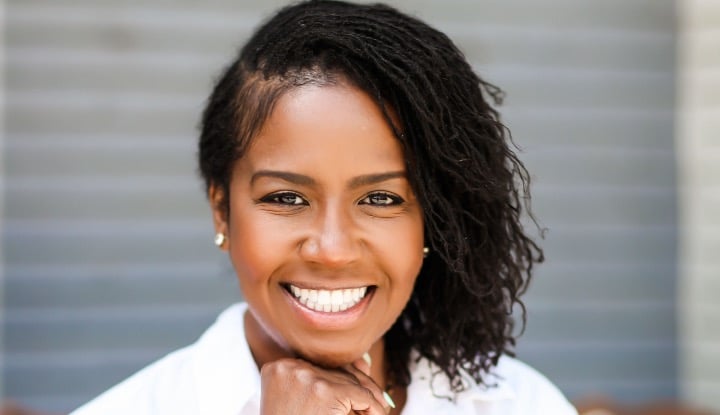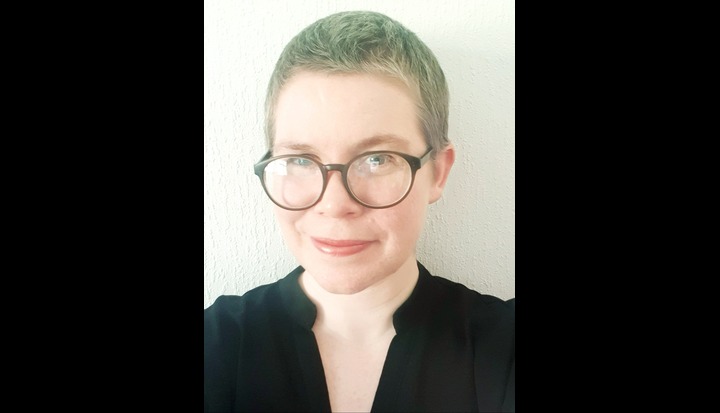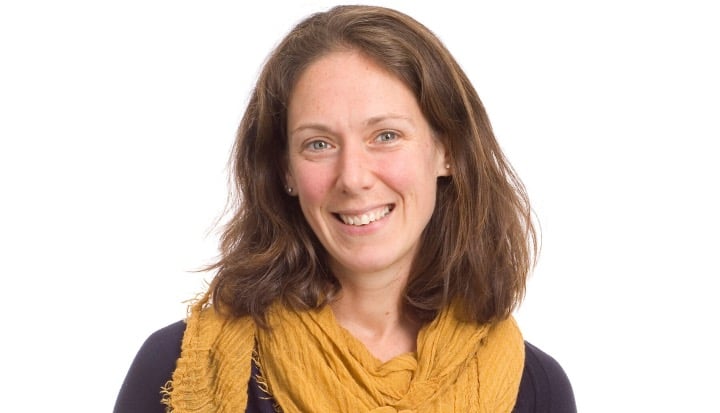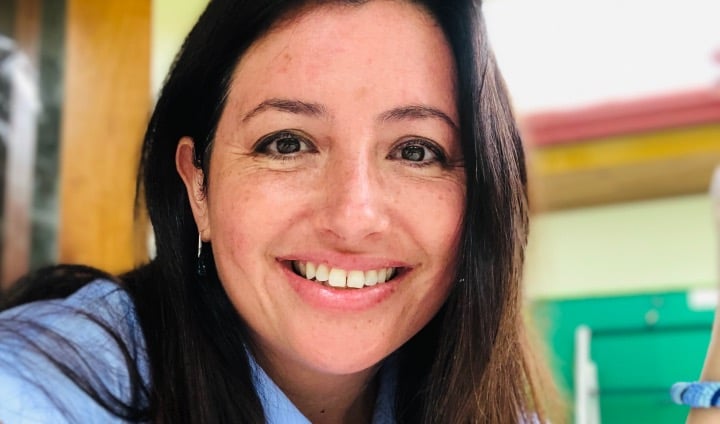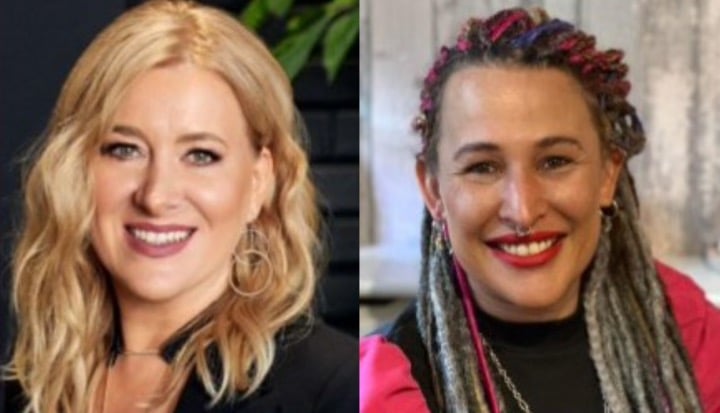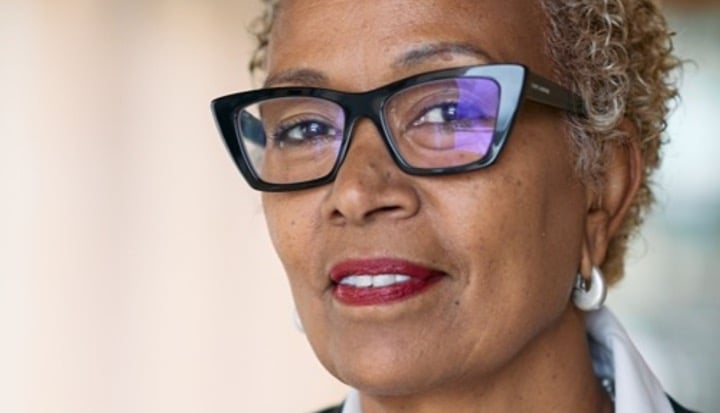BFP: What do you do?
 AR: The Private Sector Team at CARE International UK works to change business models so that they benefit more people, in particular women, living in poverty. To accomplish this we work with companies to help create products and services that help end poverty and empower women and with governments and a range of stakeholders to drive inclusive economic growth. As a Private Sector Advisor, I work with our global teams to design economic development programming and to advocate for pro-poor development. It’s pretty exciting stuff.
AR: The Private Sector Team at CARE International UK works to change business models so that they benefit more people, in particular women, living in poverty. To accomplish this we work with companies to help create products and services that help end poverty and empower women and with governments and a range of stakeholders to drive inclusive economic growth. As a Private Sector Advisor, I work with our global teams to design economic development programming and to advocate for pro-poor development. It’s pretty exciting stuff.
BFP: What is the best part about your job?
AR: The best part of my job is that it embraces complexity, acknowledges that inclusive growth will require some fairly radical changes from companies and governments alike, and tries to tackle the challenge from every possible angle. This week, for example, I am working to promote the empowerment of over 30,000 women workers in Wal-Mart’s Bangladesh supply chain, publishing a business case for empowering workers, and advocating for the strengthening of the UK’s National Action Plan on Business and Human Rights. Suffice to say that it’s never boring.
BFP: What have been your greatest challenges?
AR: The sheer scope of the undertaking- ending poverty- is a given, but another practical challenge that many of us face is one of communication. Before coming to CARE, I worked as an ethical sourcing consultant and completed a Masters and Human Rights at the London School of Economics. In all these roles, I had the same goals and even worked with a lot of the same companies as I do now. However, the vocabulary of sourcing, human rights and development tends to be very different, which is a shame because it often keeps specialists in each area from collaborating together effectively.
BFP: How have you overcome these challenges? / What advice, would you give to others?
AR: Ditch the jargon! Actually, I’d go further and say that a prerequisite for success in this field, both for individuals or for companies looking to advance good practice, is looking across traditional boundaries and looking for solutions to major challenges from unusual sources. Vocabulary is certainly an easy way to start.
BFP: If someone wants to do what you do, where should they start?
AR: This can be a complicated field to enter because it is constantly redefining itself. I always joke that I’ll know when inclusive business becomes mainstream if I don’t need to half an hour to explain to the uninitiated what it is exactly that I do. I recommend that thinking about three things: what theme (business and agriculture, business and finance, business and gender?) interests you; what type of institution you want to work for (company, NGO, development bank?); and what role you want to play (research, advocacy, design?). Once you have good sense of what your interests and talents lend themselves to, that should guide you.
BFP: Finally; what do you hope to get out of being part of the BFP community?
AR: Inspiration! Nothing sparks new thinking like being around people who are equally passionate and contribute to an open sharing of failures, successes, and, most importantly, ideas.
Editor’s Note:
Thank you to for Alexa Roscoe taking the time to do this interview.
We’re always looking out for members to feature. Help us by taking two-minutes to update your profile, or by nominating someone for Business Fights Poverty Member of the Week.
Read previous Member of the Week interviews here.

